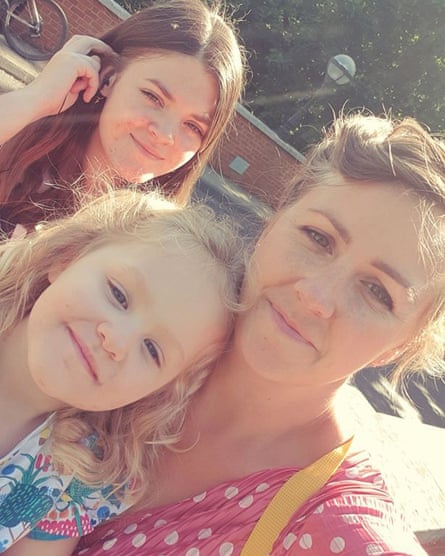Whatever the new normal is post Covid-19, we don’t want it to be anything like the old one. At least, when it comes to earning a living.
Lockdown has given people a chance to sample new ways of balancing their jobs and family lives and they have concluded that something must change. Just 13% want to go back to pre-pandemic ways of working, with most people saying they would prefer to spend a maximum of three days in the office.
A survey of 1,500 people carried out for Bright Horizons, the nursery provider, suggests that many working parents realise that large parts of their jobs can be conducted remotely. And they believe that their employers will agree.
Nearly two-thirds think their employers will be open to remote or flexible working in the future as the widespread adoption of Zoom and other online tools has kept many businesses functioning even as physical workplaces have been shuttered.
Almost half – 48% – of those who worked in an office before lockdown said they were considering asking for some more remote working.
“This could be a pivotal moment in determining how jobs work in future,” said Jennifer Liston-Smith, head of thought leadership at Bright Horizons. “But companies and organisations need to seize the moment by ensuring that jobs are as flexible and human-sized as possible in future.”
Almost one in four believe that a more flexible working life would have a positive impact on them and, by extension, their employers. But there is no strong appetite to work fewer hours – just 21% favour a reduction. More than half of respondents – 53% – believe flexibility would increase their productivity, and well over half – 58% – agree that it would increase their loyalty.
Most of those surveyed – almost four-fifths – said their employers had been sympathetic to their needs to juggle work and childcare.
“Our findings show that most line managers and businesses have really stepped up to the plate to help their staff find ways of balancing the demands of family and work during lockdown,” said Liston-Smith.
However, the survey suggests that many parents are now really starting to feel the strain of home schooling and working from home.
As one interviewee explained: “We are not managing. I am working full-time from home including conference calls, emails and resource prep as well as looking after a three-year-old. I am constantly failing to give 100% to any part of my life.”
Another said: “Absolute stress. We work in between our conference calls. If I’m not on the call, I’ll spend time with kids. When I’m on the call then my husband takes over. Hubby does breakfasts, I do lunches and dinners. After kids have gone to bed we tidy the house, kitchen and then go back to work till midnight. We sleep around five hours. Absolutely exhausted.”
CASE STUDY
Maggie Bennion, who works in corporate fundraising for a charity, is a single mother with two daughters, Grace, 15, and Imogen, three, and a son, Charlie, 13.
“My workplace decided that I would not be furloughed and instead I was asked to work full time. I began to feel low moods, lethargy and began snapping at my children for the silliest of reasons. My productivity went down to around 30%.

“I took the difficult decision to reach out to my GP, who started me on a course of antidepressants, a low dose but enough to give me the resilience I needed.
“I found time outdoors with my three-year-old hard to navigate as she did not fully understand why she had to abide by the rules I had set. “I have seen the effects of lockdown echoed in her behaviour and it made me very sad. She started to have bouts of anger and would lash out when frustrated. I recognised instantly that she needed more one-on-one time with me and I decided to take some annual leave.
“After my break, around five weeks into lockdown, I began feeling very disconnected from work. I had relieved the stress about balancing my responsibilities, but started to feel disdain when I had to work again. I had a glimpse of how rich my life was without the added pressure.
“Despite my struggles I have drawn one very strong positive – I have a much deeper connection with my children. I have refocused my attention and feel re-energised and happier as a result.”
